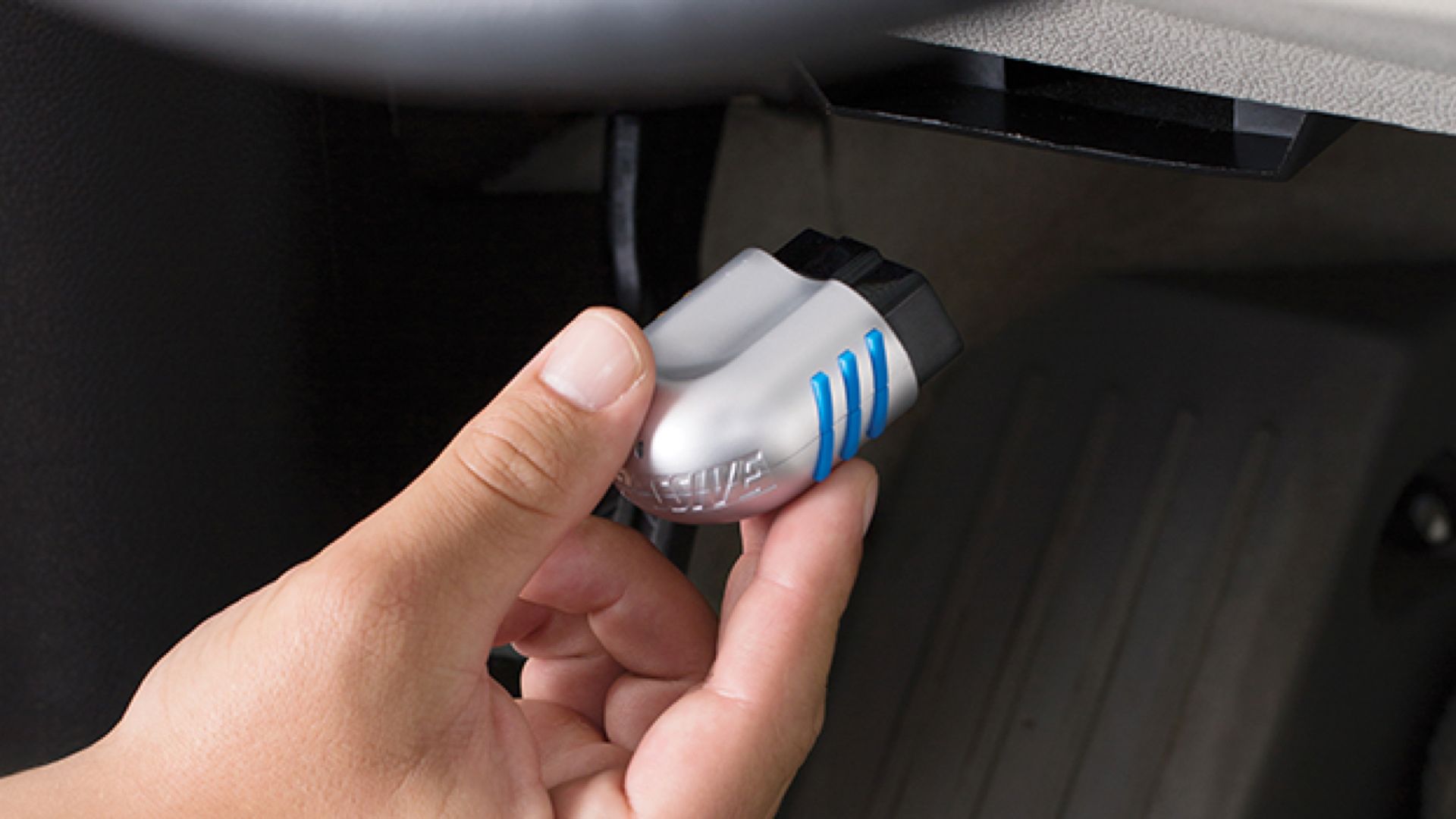Privacy Concerns and Ethical Considerations

Car insurance tracking devices raise significant privacy concerns and ethical implications. These devices collect a vast amount of personal data about drivers, potentially impacting their privacy and autonomy. Understanding these concerns and addressing them is crucial for ensuring responsible use of tracking technology.
Potential Privacy Concerns, Car insurance tracking device
The collection and use of driver data through tracking devices can raise several privacy concerns.
- Location Tracking:Devices constantly track the vehicle’s location, potentially revealing sensitive information about a driver’s movements, routines, and personal destinations. This could be misused for surveillance or unauthorized tracking, compromising personal privacy.
- Driving Behavior Monitoring:Devices record driving habits, including speed, acceleration, braking, and cornering, which can be used to infer personal information about the driver’s lifestyle, health conditions, or even emotional state. This data could be used for discriminatory purposes or even for blackmail.
- Data Security and Breaches:Storing and transmitting sensitive driver data through these devices presents security risks. If the data is not properly secured, it could be vulnerable to unauthorized access or cyberattacks, leading to identity theft, fraud, or misuse of personal information.
Ethical Implications of Data Collection and Use
The ethical implications of collecting and using driver data through tracking devices are multifaceted.
- Informed Consent:Drivers should be fully informed about the types of data being collected, how it will be used, and the potential risks involved. Informed consent is crucial to ensure drivers understand the implications of using these devices and have the choice to opt out.
- Data Minimization:Only necessary data should be collected and used. Collecting excessive data, especially sensitive information, raises ethical concerns about potential misuse and privacy violations. Data minimization principles should be applied to ensure the collection and use of data are proportionate to the intended purpose.
- Transparency and Accountability:Insurance companies should be transparent about how they use driver data, including the specific algorithms and criteria used for pricing and risk assessment. They should also be accountable for any potential misuse or discrimination based on the collected data.
Data Protection and Security
To mitigate privacy concerns, it’s essential to implement robust data protection and security measures.
- Data Encryption:All data collected by tracking devices should be encrypted both in transit and at rest to protect it from unauthorized access. This ensures that even if the data is intercepted, it cannot be deciphered without the appropriate decryption key.
- Access Control:Strict access controls should be implemented to limit access to driver data only to authorized personnel. This helps prevent unauthorized access, misuse, or accidental disclosure of sensitive information.
- Data Retention Policies:Insurance companies should establish clear data retention policies that specify how long driver data will be stored and how it will be disposed of. This helps ensure that data is not retained indefinitely, reducing the risk of potential misuse or breaches.
Future of Car Insurance Tracking Devices
![]()
Car insurance tracking devices have already revolutionized the industry, offering personalized premiums and encouraging safer driving habits. But the future holds even more exciting possibilities as technology continues to advance. These devices are poised to become even more sophisticated, integrated, and impactful, further transforming the landscape of car insurance.
Emerging Technologies and Their Impact
The future of car insurance tracking devices is intertwined with the development of emerging technologies. These technologies will enhance the capabilities of tracking devices, leading to more comprehensive data collection, more accurate risk assessment, and more personalized insurance plans.
- Artificial Intelligence (AI):AI algorithms can analyze vast amounts of data from tracking devices to identify patterns and predict potential risks. This can help insurers personalize premiums based on individual driving behaviors and offer targeted safety recommendations. For example, AI can detect risky driving habits like speeding or aggressive braking and alert drivers to potential hazards.
- Internet of Things (IoT):The IoT allows tracking devices to connect with other smart devices in the car, such as sensors, cameras, and even other vehicles. This creates a more comprehensive picture of driving conditions and allows for real-time monitoring and intervention. For instance, if a tracking device detects an imminent collision, it can automatically trigger emergency services or activate the car’s safety features.
- Cloud Computing:Cloud computing enables the storage and processing of massive amounts of data collected by tracking devices. This data can be used to analyze trends, identify risk factors, and develop new insurance products. For example, insurers can leverage cloud computing to analyze driving data from millions of policyholders and identify patterns that indicate higher risk of accidents.
Essential Questionnaire: Car Insurance Tracking Device
What are the different types of car insurance tracking devices?
Car insurance tracking devices come in various forms, including plug-in devices, OBD-II port devices, and smartphone apps. Each type offers different levels of functionality and data collection capabilities.
How do I know if my insurance company offers a tracking device program?
Contact your insurance company directly to inquire about their telematics programs and available tracking devices. Many insurers have dedicated websites and resources that provide information on these programs.
Are car insurance tracking devices mandatory?
No, car insurance tracking devices are not mandatory in most jurisdictions. However, insurance companies may offer discounts or incentives for drivers who choose to participate in their telematics programs.
Can I opt out of a tracking device program after I enroll?
Yes, you typically have the option to opt out of a tracking device program at any time. However, doing so may result in a higher insurance premium.